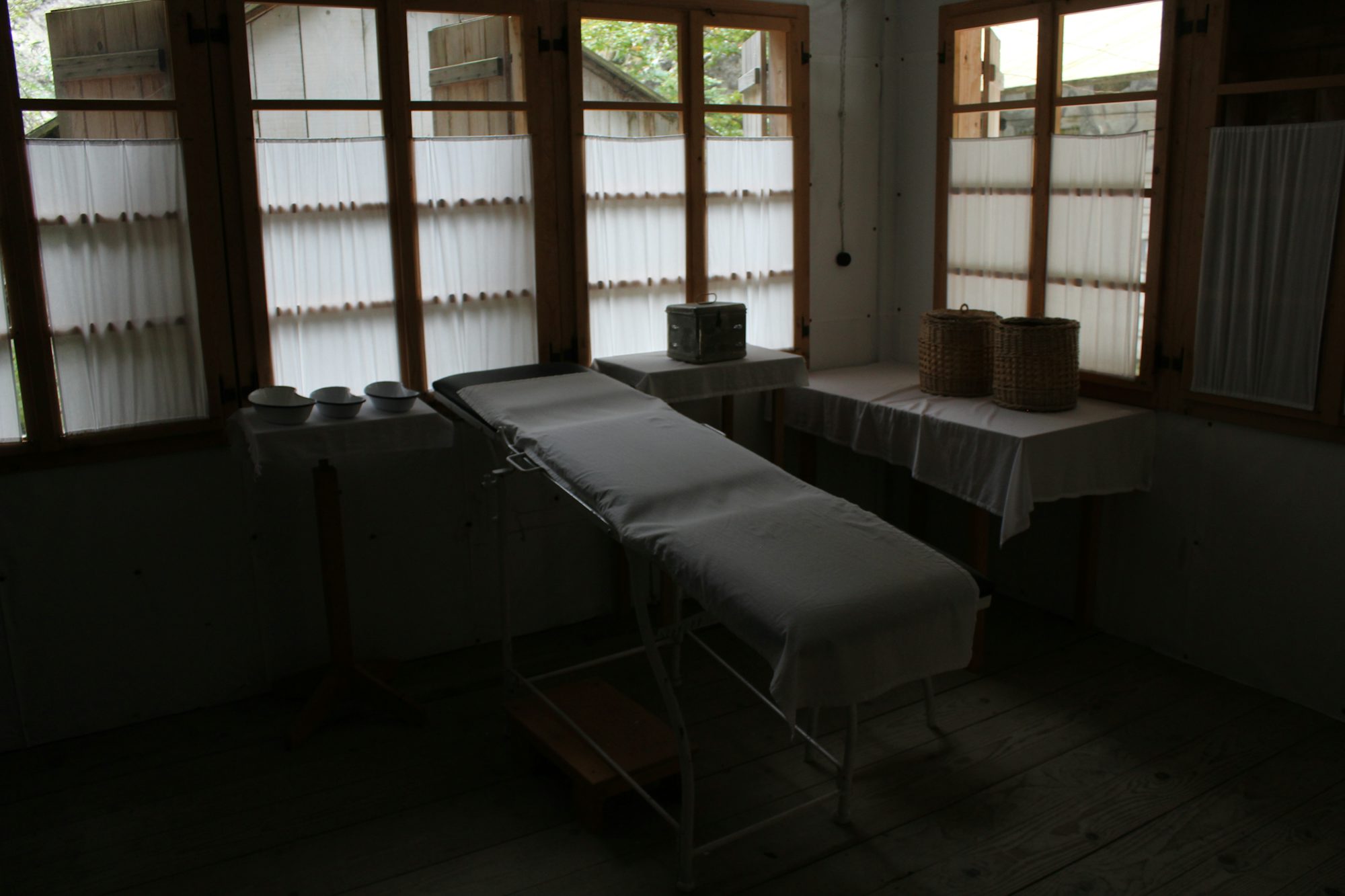
Exploring Women's Health Clinics: Empowering diabetic coma Women Through Specialized Care
Women’s health clinics play a crucial role in addressing the distinct health needs of women throughout their lives. From adolescence to menopause and beyond, these clinics provide a variety of services designed to empower women to take control of their health. By offering specialized care, women’s health clinics not only enhance physical well-being but also foster an environment of education and support that is essential for holistic health.
One of the primary focuses of women’s health clinics is reproductive health. These clinics provide services such as gynecological exams, contraceptive counseling, and family planning. Regular gynecological check-ups are vital for early detection of potential health issues, including reproductive system disorders. Women are encouraged to schedule annual exams to ensure they remain informed about their health, receive necessary screenings, and discuss any concerns with healthcare providers.
In addition to reproductive health, many women’s health clinics offer prenatal and postnatal care, recognizing the unique needs of women during pregnancy and after childbirth. These clinics provide comprehensive support, including regular check-ups, nutritional counseling, and education on labor and delivery. By focusing on the physical and emotional well-being of expecting and new mothers, these clinics help women navigate the challenges and joys of motherhood with confidence.
Women’s health clinics also address mental health, acknowledging that emotional and psychological well-being is integral to overall health. Many clinics offer counseling and support services for conditions such as anxiety, depression, and stress management. Providing a safe and welcoming environment encourages women to seek help, ensuring they have the resources to address their mental health needs. This holistic approach helps women balance the various aspects of their lives, contributing to a healthier overall lifestyle.
Preventive care is a cornerstone of women’s health clinics, with services aimed at detecting health issues early on. Clinics often provide screenings for conditions such as breast and cervical cancer, which are essential for early intervention. Educational programs on breast self-examinations and the importance of regular mammograms empower women to take charge of their health and advocate for themselves. By prioritizing preventive care, women’s health clinics contribute to improved health outcomes for women of all ages.
Another vital aspect of women’s health clinics is their focus on sexual health. These clinics offer comprehensive services that include sexually transmitted infection (STI) testing and treatment, education on safe sex practices, and discussions about sexual wellness. By creating a non-judgmental space for open dialogue, women’s health clinics help break down barriers related to sexual health, encouraging women to prioritize their sexual wellness just as they would their physical health.
Access to care is a significant consideration for many women, particularly those in underserved communities. Women’s health clinics often strive to provide affordable services, ensuring that financial barriers do not prevent individuals from receiving necessary care. Many clinics offer sliding scale fees or accept various forms of insurance, making healthcare accessible to a broader range of women. This commitment to accessibility reflects the understanding that health equity is essential for community well-being.
Education is a key component of the services provided by women’s health clinics. Many clinics offer workshops and resources on topics such as nutrition, fitness, and chronic disease management. By equipping women with knowledge and skills, these clinics empower them to make informed health choices. The focus on education extends beyond the clinical setting, fostering a culture of health awareness that can have lasting impacts on families and communities.
In recent years, technology has enhanced the services provided by women’s health clinics. Telehealth options allow women to consult healthcare providers from home, making it easier to access care when needed. This flexibility is especially valuable for those with busy schedules or who may face challenges in traveling to appointments. Virtual visits provide women with the opportunity to discuss health concerns, receive guidance, and stay connected to their healthcare providers in a convenient manner.
Community outreach initiatives are also integral to the mission of women’s health clinics. Many clinics engage in outreach programs to raise awareness about women’s health issues and promote available services. These initiatives often include health fairs, educational seminars, and partnerships with local organizations to reach women where they are. By actively engaging with the community, women’s health clinics help eliminate stigma surrounding women’s health and promote preventive care.
In conclusion, women’s health clinics are essential to promoting the overall health and well-being of women. By providing specialized services that address the unique needs of women, these clinics empower individuals to take control of their health. With a focus on preventive care, education, and mental health, women’s health clinics play a vital role in fostering healthy communities. As the healthcare landscape continues to evolve, the importance of these clinics in supporting women throughout their life stages remains paramount. The commitment to accessibility, education, and holistic care ensures that women can navigate their health journeys with confidence and support, ultimately leading to healthier lives for themselves and their families.
